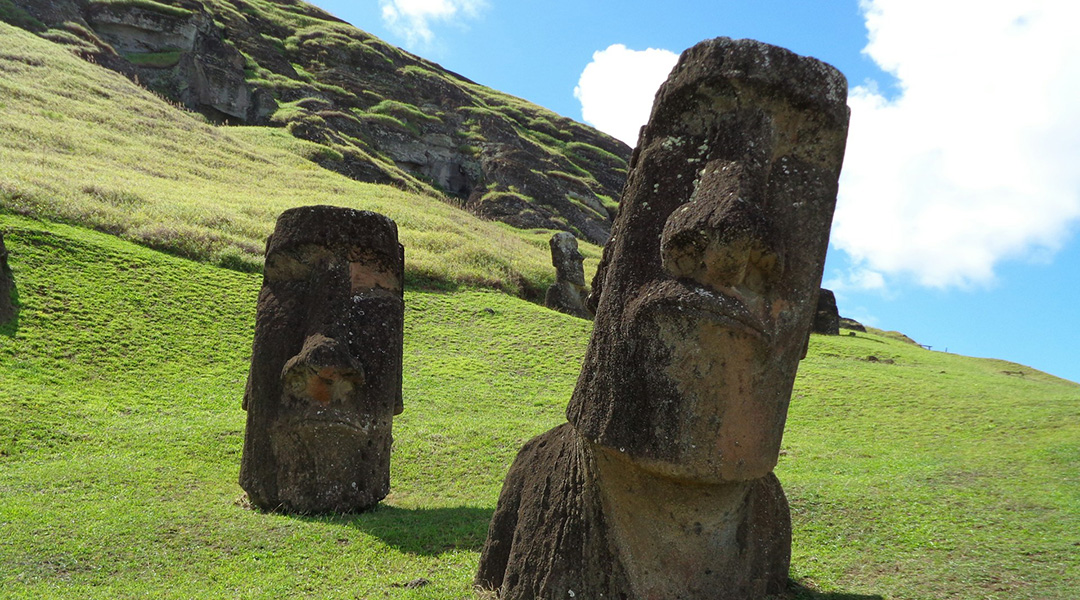Such rapid changes haven’t been accounted for in model projections, meaning sea level estimates are subject to uncertainty.


Such rapid changes haven’t been accounted for in model projections, meaning sea level estimates are subject to uncertainty.

Scientists have built atomic clocks with unprecedented levels of precision by harnessing quantum entanglement.

New research on dwarf galaxies challenges the idea that dark matter is collisionless, suggesting it may interact in unexpected ways

Scientists are reviving lost wetlands using paludiculture, blending ecology and economy to combat climate change and restore biodiversity.

A mega-tsunami in Greenland surged through a fjord for days, creating seismic waves that caused seismometers across the globe to hum.

Satellite imagery suggests that islanders lived sustainably rather than overexploiting resources.

Future 6G wireless networks will rely on quantum computers, but developing the technology and making it sustainable is complex.

In this third and final article in a series on philosophy and science, we look at how modern science shows the validity of dialectical processes and how this can help guide science.

In theory, quantum communications should be impossible to hack, but study shows this may not be true in practice.

Tiny interactions between dark matter particles may resolve discrepancies between theory and astronomical observations caused by quantum tunneling.